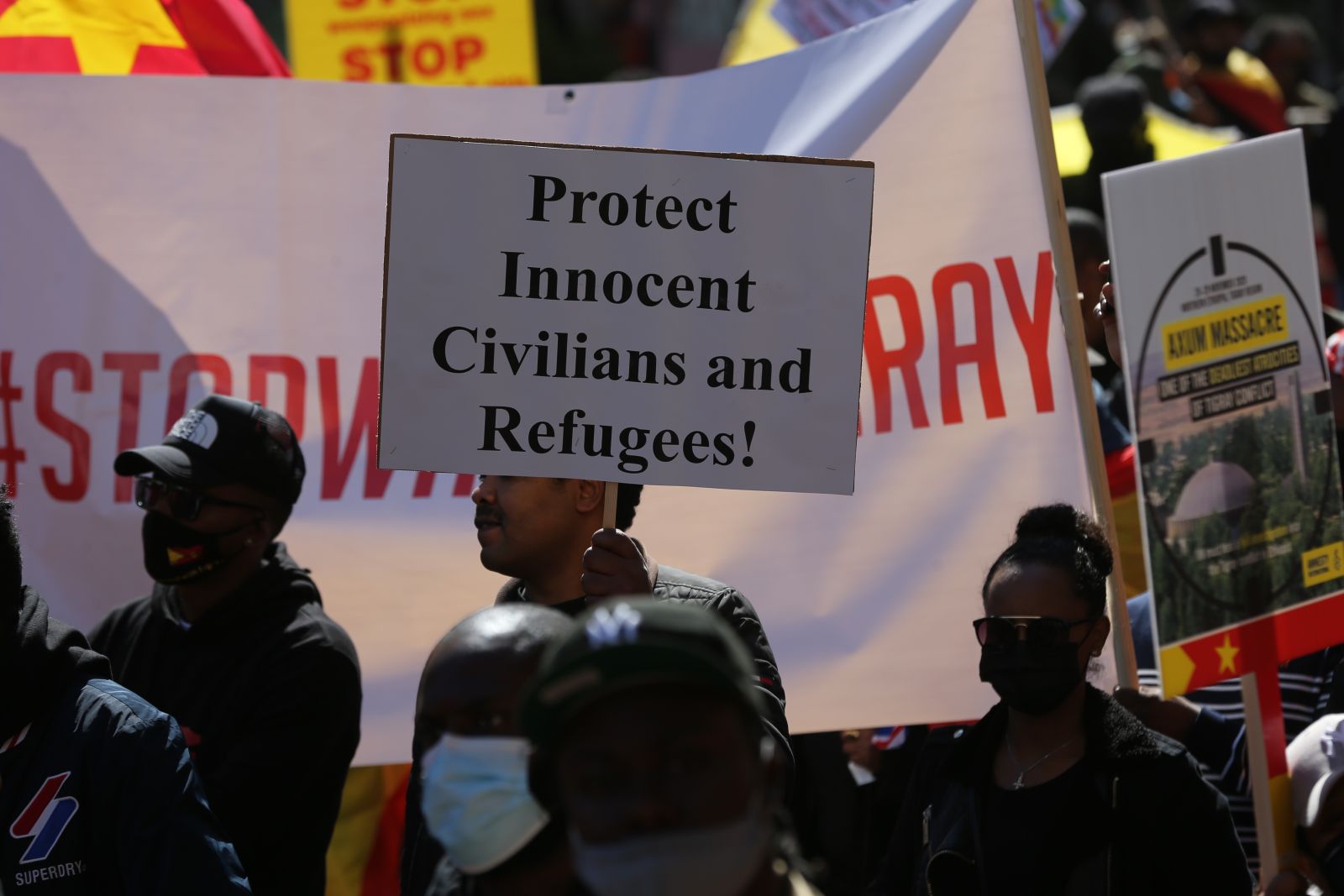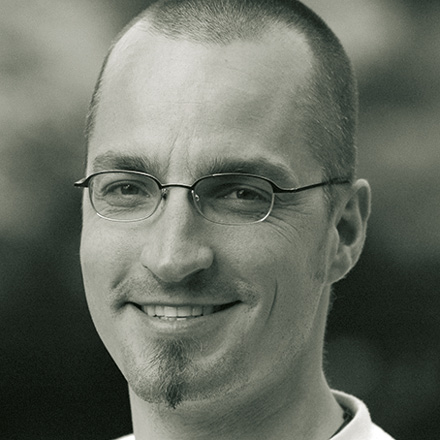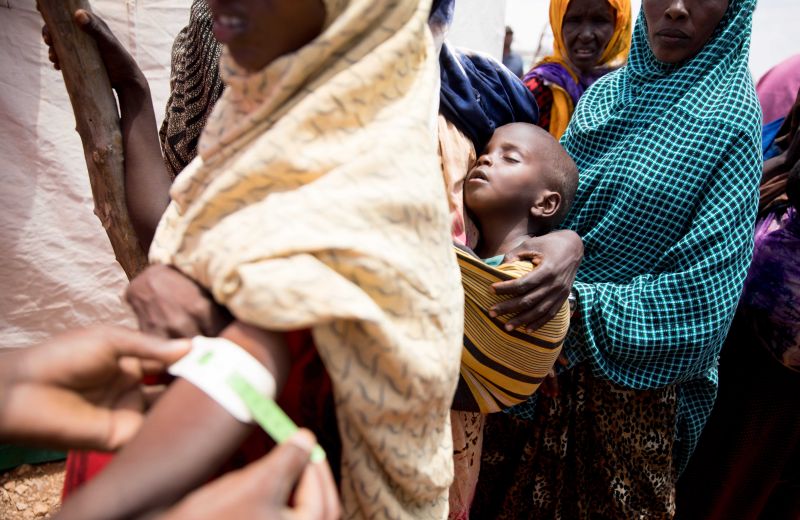War orphans
Single refugee mothers

The young mother fled to northern Uganda and now lives in the Nyamanzi refugee settlement. She felt devastated by the events, but was determined to do her best to raise her children. “If I were to wail in despair and mourn my husband endlessly, my children would not have experienced a real new beginning,” she says with a sombre voice.
A month after her arrival, Atoch started a business. Her savings amounted to 50,000 Ugandan shillings (the equivalent of about $ 15), and she had to think of a way to generate income. Now Atoch and several other women are running their businesses in what is called the “main market”. It consists of plastic tents and grass-thatched structures. Some women sell dry fire wood they fetch from the nearby forest. Atoch boils tea before sunrise and serves it to customers with cake for a morning breakfast.
She must feed her children too, of course. “I have to buy meat, fish and oil to supplement the food ratio distributed by UNHCR,” she says. The UNHCR is the UN Refugee Agency which supplies relief goods in the camp.
The refugee situation in Uganda is getting worse due to the on-going conflict in South Sudan. Because of unrest in South Sudan and the DR Congo, several big refugee settlements have existed in Uganda for many years. Since July 2016, Bidibidi, a small place in northern Uganda, is said to have become the fourth-biggest refugee camp in the world.
According to the Real Medicine Foundation, which supports the UNHCR, there were 469,737 new arrivals in Uganda in the second half of 2016, and 272,206 of those refugees were sent to Bidibidi. The vast majority – 86 % – are women and children.
In the Ugandan refugee camps, tens of thousands of exiled South Sudanese are periodically given maize flour, beans and oil. There are health units run by UN agencies, but refugees say that the supply of pharmaceuticals is insufficient. When children get sick, parents depend on private clinics for fast service and better medication. Many are unable to pay, however. For single mothers like Atoch, it’s hard to take care of their children.
“When I look at my kids, I see my husband,” says Atoch. “But I’m glad they are healthy and happy children, even in a refugee settlement.”
Philip Thon Aleu is a journalist and lives in Juba, South Sudan.
pthonaleu@gmail.com
Links
UNHCR (United Nations High Commissioner for Refugees) – Data: South Sudanese refugees in Uganda.
http://data.unhcr.org/SouthSudan/country.php?id=229
Real Medicine Foundation – Bidibidi Refugee Settlement, Uganda:
http://www.realmedicinefoundation.org/our-work/countries/uganda/initiatives/healthcare-implementing-partner-for-unhcr-at-bidibidi-refugee-settlement/











